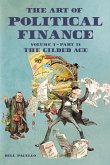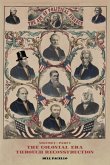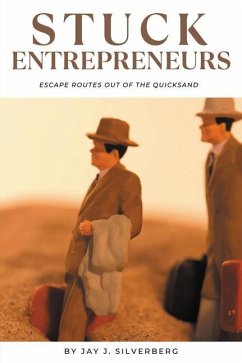A new banking system presents a critical examination of centralized financial control and proposes a decentralized model rooted in tangible productivity. It challenges the restrictive nature of monopolized banking institutions and explores how economic liberation can be achieved through widespread access to credit. The book underscores the relationship between real assets and currency, shifting the foundation of financial trust from precious metals to practical infrastructure like mortgages and transportation networks. This perspective reframes value not as a static commodity but as something derived from active economic contribution. The author questions the fairness of a system that restricts monetary expansion to elite institutions while advocating for mechanisms that distribute financial power more broadly. By linking capital to widespread, usable assets, the work envisions a stable currency system that promotes individual opportunity and curbs speculative volatility. The text stresses the importance of aligning monetary policy with productivity, and it envisions a future where currency reflects societal utility rather than arbitrary scarcity. In essence, the work argues for an economic structure where credit serves as a tool for empowerment rather than control.
Bitte wählen Sie Ihr Anliegen aus.
Rechnungen
Retourenschein anfordern
Bestellstatus
Storno








